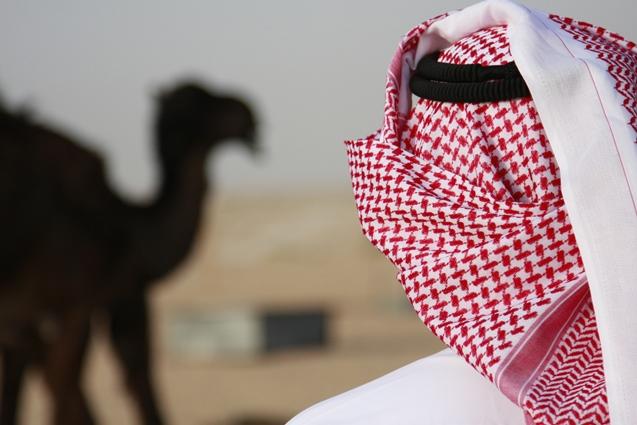Saudi Arabia today reported one new MERS-CoV case, in a man from the country's eastern region, and the head of the World Health Organization (WHO) said the country's health officials have held talks with the United States to further the development of a vaccine against the virus.
The latest MERS-CoV (Middle East respiratory syndrome coronavirus) infection involves a 37-year-old Saudi man in Hofuf who is hospitalized in critical condition, according to a statement today from the Ministry of Health (MOH). It classified the source of the man's illness as primary, suggesting that he didn't contract the virus from someone else.
Several MERS-CoV cases have been reported over the past several months from Hofuf, which is in far eastern Saudi Arabia.
The man's illness raises the country's MERS total to 1,261 cases, which includes 539 deaths.
Vaccine discussions
In other developments, Margaret Chan, MD, MPH, director-general of the WHO, said Saudi Arabia and the United States are discussing ways to further the development of a vaccine against MERS-CoV, Reuters reported today.
She said Saudi health minister Khaled al-Filah is discussing the possibilities with US officials and has been much more open about disease developments than his predecessors. He has earmarked $70 million for research to fill knowledge gaps about MERS-CoV, according to the report.
Chan added that key research needs include whether animals besides camels play a role in the spread of the virus to humans and the possibility of a vaccine for camels.
Currently, there are no licensed MERS-CoV vaccines, and research on vaccine candidates is still at the animal-study stage. In late July a research team at the National Institute of Allergy and Infectious Diseases (NIAID) reported promising findings for a prime-boost regimen in mice and macaques. Scientists are using information about the virus's spike glycoprotein—which the MERS virus uses to enter cells—to develop experimental vaccines.
In August researchers from NIAID and their collaborators, including Public Health Canada, reported more promising findings for an experimental synthetic DNA vaccine based on early work against SARS (severe acute respiratory syndrome) in mice, macaques, and camels.
See also:
Oct 20 Saudi MOH update
Oct 20 Reuters story
Jul 28 NIAID press release
Aug 19 NIAID press release





















